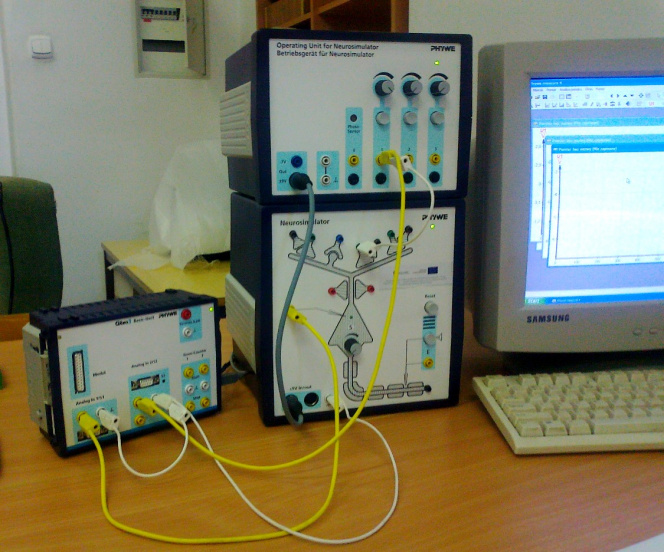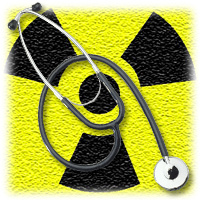Biomedical Engineering
Specialty Medical Physics (I & II degree)
Biomedical Engineering is a new, interdisciplinary field of knowledge, using both technical, medical and biological sciences. At Gdańsk Tech, studies in biomedical engineering have been carried out since the academic year 2009/10 jointly by the Faculty of Chemistry, the Faculty of Electronics, Telecommunications and Informatics and the Faculty of Applied Physics and Mathematics, in cooperation with lecturers from the Medical University of Gdańsk.

During the first four semesters of first degree studies, students have the opportunity to learn not only the basics of electronic medical equipment and programming, but also biophysics and biochemistry, anatomy and physiology, medical imaging techniques and implantology. At the end of the second year of study, students choose specializations proposed by each of the cooperating faculties and implemented in three consecutive semesters of study: Computer Science in Medicine, Electronics in Medicine, Chemistry in Medicine or Medical Physics.

Studies of medical physics guarantee a thorough knowledge of modern physics and its applications in biology and medicine, combined with the ability to operate diagnostic equipment and perform computer programming, as well as modeling biological systems. Semesters 5, 6 and 7 offer specialized lectures and laboratories in the fields of:
- Nuclear physics, radiobiology, dosimetry and radiation protection,
- Nuclear medicine and radiotherapy,
- Biological system modelling and testing of the effects of external factors on their stability,
- Techniques of non-ionizing radiation application in biology and medicine (laser, synchrotron radiation),
- Non-invasive methods of diagnosis and therapy
- Medical imaging methods (ultrasound, EEG, NMR, ECG).

The faculty has modern student labs that allow students to familiarize themselves with the methodology of physical experiments and physical methods of research currently used in biology, medicine and environmental protection: Biophysics Laboratory, Nuclear Laboratory (isotopic), Ionizing Radiation Dosimetry Laboratory, Atomic and Molecular Physics Laboratory.
The second degree in medical physics lasts 3 semesters and offers specialized lectures in the fields of:
- Molecular physics, nanotechnology and their application in medicine,
- Medical modelling and medical statistics,
- Spectroscopic techniques and their use of biology and medicine.

Graduates of Medical Physics will be prepared to work in hospitals and clinics using imaging diagnostics, laser diagnostics and therapy and radiotherapy, sanitary inspection labs and companies introducing modern medical equipment to our market. They will also have a thorough knowledge of modern methods used in the study of the structure and functioning of biological systems (spectroscopic methods, particle accelerators, nanosensors), which will provide them with the necessary basis for working in scientific institutions both at home and abroad.
The head of Medical Physics is Brygida Mielewska, Ph.D., Gdańsk Tech professor (brymiele@pg.edu.pl; phone:+48 58 347 28 86, room. 114 (Main Building)



